The Skills 4 Women and Youth in Kenya program’s implementation team from the Kenya National Chamber of Commerce and Industry (KNCCI), and the Vilnius Chamber of Commerce, Industry, and Crafts (VCCIC) from Lithuania recently conducted insightful visits to women-led small and medium-sized enterprises (SMEs) in Nairobi City County.
These visits highlighted both the successes and challenges faced by women entrepreneurs, particularly in accessing global markets and securing sufficient funding. The program’s objective is to empower women and youth by promoting skill development and market opportunities, aiming to uplift women-owned enterprises that play a crucial role in Kenya’s economic landscape.
Among the businesses visited was Airlink Global Logistics, a company specializing in exporting fresh produce such as fruits and vegetables. Led by Managing Director Penny Wacieni, the business has made strides in the logistics sector yet faces significant barriers to international trade. “Access to global markets remains a challenge for SMEs,” Wacieni noted, pointing out that many women-led SMEs struggle to expand due to limited exposure and access to foreign markets. Addressing these barriers is essential for sustainable growth, as global trade offers opportunities for SMEs to enhance revenue, improve product quality, and create jobs.
The team also visited Esen Africa, a Kenyan brand that manufactures leather apparel and accessories. The business, owned by Serah Kang’ethe, has successfully broken into markets in Australia, Ireland, Germany, and Japan. Kang’ethe highlighted that her products are of high quality and meet international standards, countering the misconception that African products lack quality. This perception, however, remains a significant hurdle in gaining broader acceptance in international markets. Kang’ethe emphasized that, “Market accessibility challenges are compounded by perceptions that African products are of substandard quality—an assumption I strongly disagree with.”
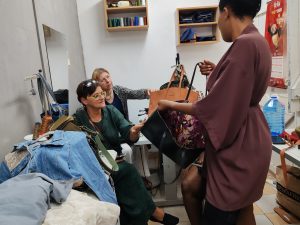
Additionally, Kang’ethe noted that funding remains a critical constraint for many SMEs. She requested support from the Kenya National Chamber of Commerce and Industry (KNCCI), emphasizing the need for financial assistance to scale production and grow the business’s international reach. Esen Africa not only contributes to the economy through exports but also trains youth in clothing manufacturing, enhancing skills within the local community.
The visits underscored the potential for growth within Kenya’s SME sector, particularly among women-led enterprises. The Skills 4 Women and Youth in Kenya program aims to address these challenges by advocating for policy support, enhancing access to markets, and exploring funding opportunities. Through collaborations with organizations like KNCCI, the program hopes to build a stronger foundation for women entrepreneurs, ultimately contributing to Kenya’s broader economic goals.
The project is financed by the Lithuanian Development Cooperation and Humanitarian Aid Fund.
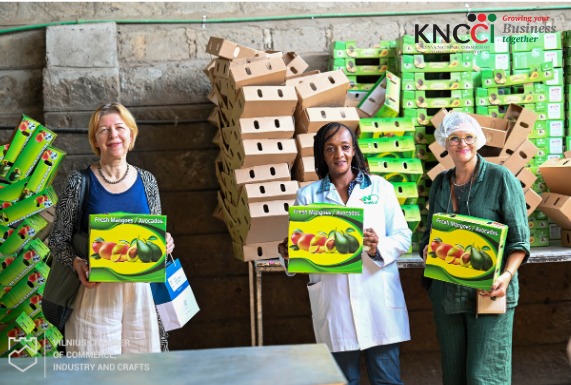
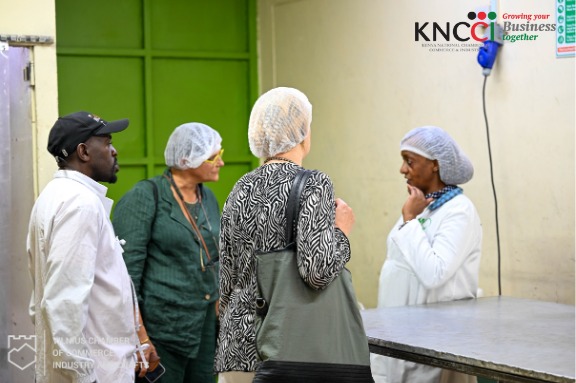
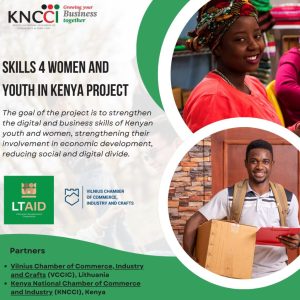

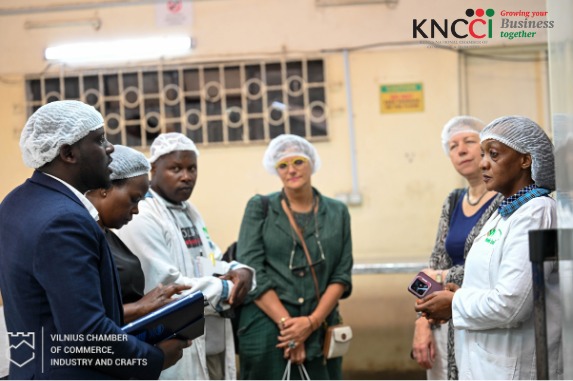
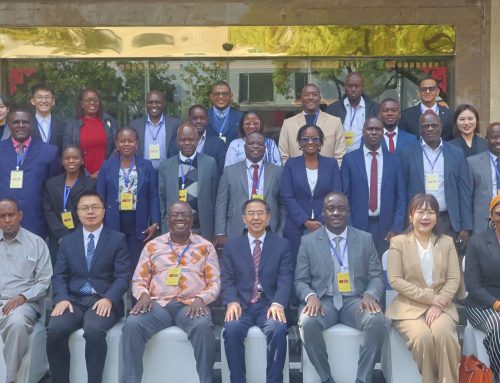
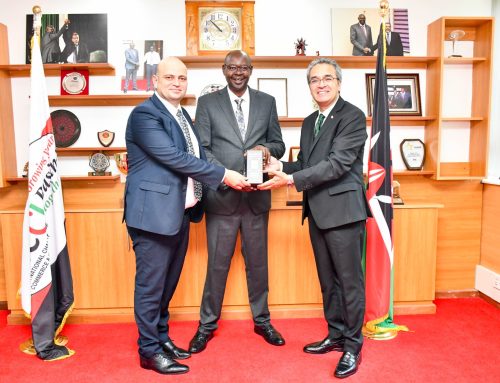


Leave A Comment